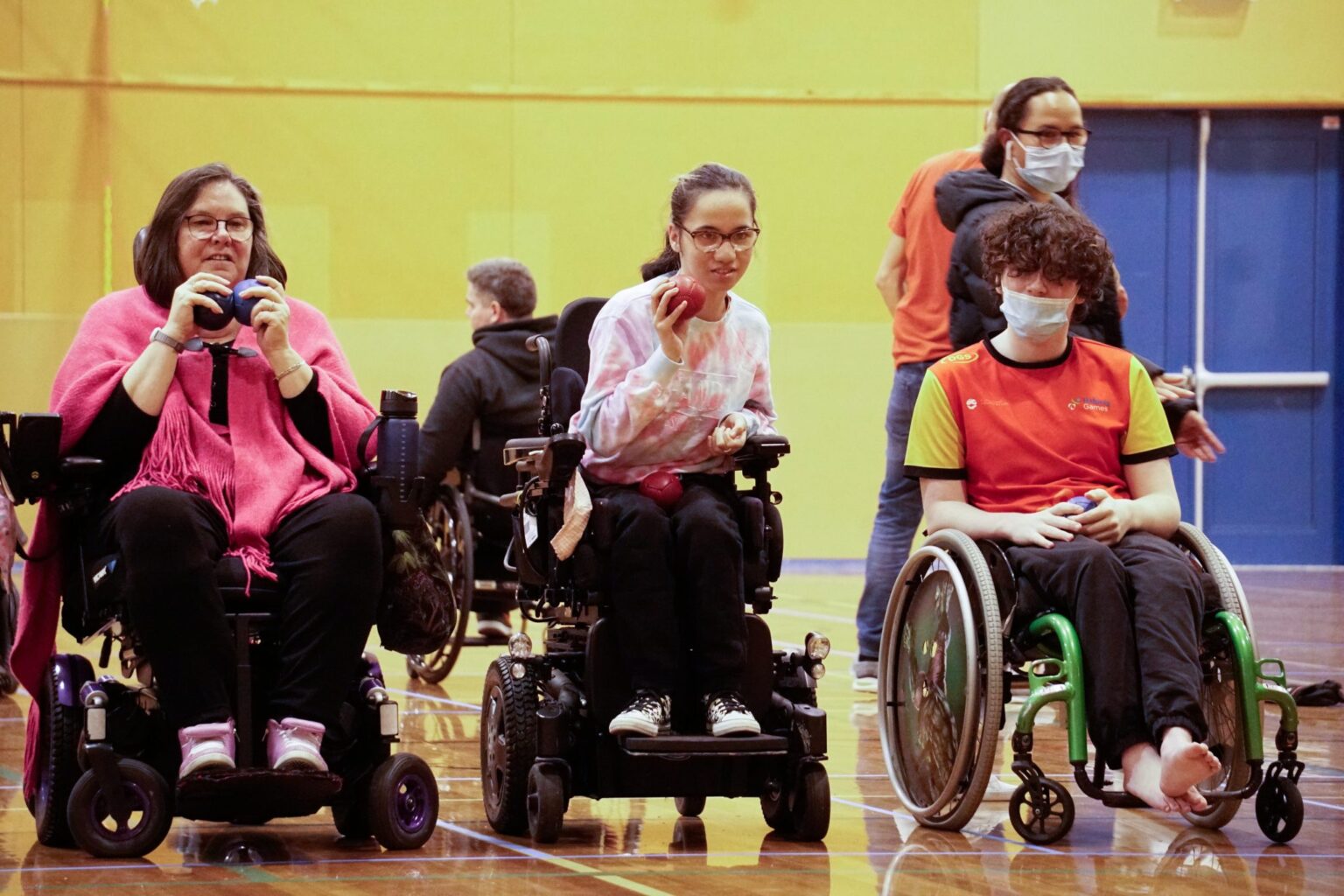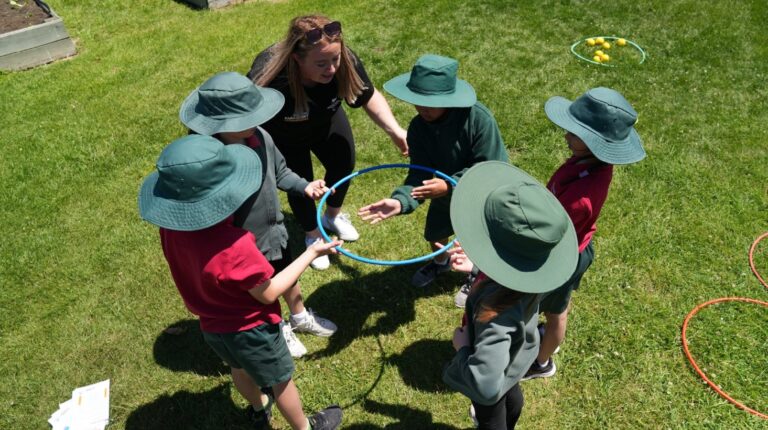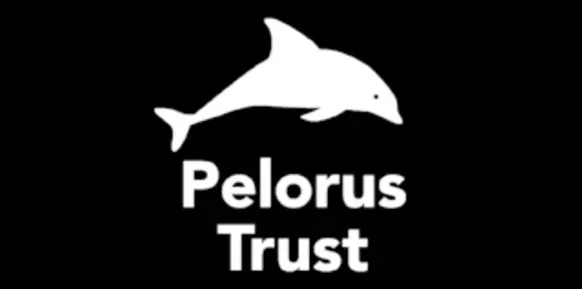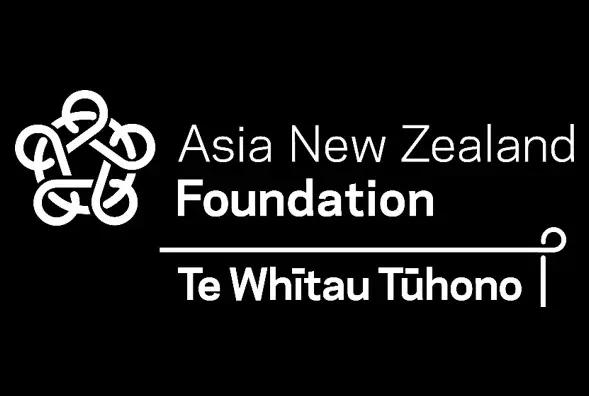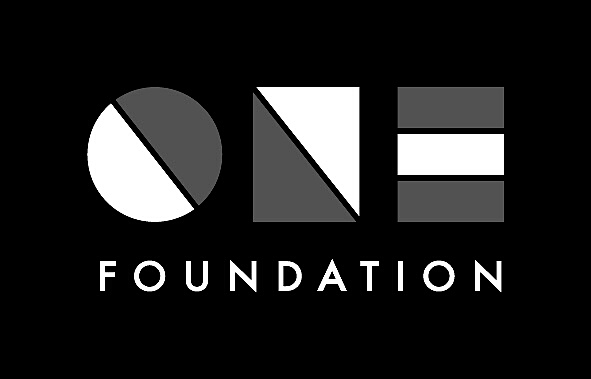Photo: inclusive sport in action – disabled New Zealanders compete at Boccia Inter-Regional Exhibition in 2022.
Key points:
- New research shows 7 in 10 think there is prejudice against disabled people in New Zealand.
- Despite this 8 in 10 New Zealanders say Paralympic sport increases a sense of pride in New Zealand.
- The 29th International Day of Disabled Persons is Saturday 3rd December.
- Paralympics New Zealand (PNZ) urges New Zealanders to use the day to reduce discrimination and social prejudice against disabled people.
Paralympics New Zealand (PNZ) has released new research on International Day of Disabled Persons. The research shows how widespread prejudice against disabled people is, with 7 in 10 Kiwis (71%) aware of it. Further, the majority of Kiwis think people often make fun of disabled people (62%), they are easier to take advantage of (61%), and people tend to become impatient with disabled people (63%).
PNZ commissioned the research into New Zealanders’ attitudes to disability to measure progress towards a key organisational goal of positively changing the way disabled people are included in society through equitable and inclusive representation of Para sport.
These research findings follow a UN committee of disability experts expressing concerns about the rights of disabled people in New Zealand and calling for ‘urgent action’ in September, citing recommendations from 2014 that have not been actioned. New Zealand signed the United Nations Convention on the Rights of Persons with Disabilities (UNCRPD) in 2008.
Discrimination toward disabled people in New Zealand can lead to reduced employment, poor housing, and low self-esteem among other impacts according to a literature review commissioned by the Ministry of Social Development.
PNZ Chief Executive Fiona Allan says:
“One in four New Zealanders are disabled, so if 71% of Kiwis are seeing prejudice then we are talking about a huge number of people affected. At Paralympics New Zealand, we work to change people’s attitudes by showcasing New Zealand’s incredible Paralympians and Para athletes. When people are able to celebrate the success of Paralympians and Para athletes, the narrative of disability is changed.”
Action on ableism can be as simple as talking to kids about disability, making sure our workplaces are inclusive, and watching our language around words like ‘lame’. (A list of suggestions for individuals and organisations is provided below.) Those involved in sports – from community level right through to high performance – can help their sport to welcome disabled participants and offer them a competitive pathway.
Allan would also like to see more New Zealanders supporting PNZ, Paralympians and Para athletes. She continues:
“We want to make it easy for people to show their support for a more inclusive New Zealand. People can get behind and support Paralympians and Para athletes when they participate across the country and internationally at the Paralympic Games and other events. For those in education, PNZ provides fantastic resources to help schools teach about disability through the lens of the Paralympic Movement. Many people in New Zealand are involved in sport in some way and they can help by providing more opportunities for disabled people, enabling a greater choice of options.”
Key facts from PNZ’s Attitudes to Disability research
- 71% feel there is prejudice against disabled people in New Zealand.
- 62% agree “people often make fun of those with disabilities”.
- 61% agree “People with a disability are easier to take advantage of (exploit or treat badly) compared with other people”.
- 63% agree “people tend to become impatient with those with a disability”.
- 12% agree “people with a disability are a burden on society”, increasing to 26% of young men aged 18-34 years.
- 79% agree “Paralympic sport helps increase a sense of pride in New Zealand”.
The research was conducted by market research agency Ipsos among a representative sample of 1,000 New Zealanders aged 18+ conducted from 12-18 September 2022. The maximum margin of error is 3.1%.
PNZ intends to repeat the research in future.
What can you do to support an inclusive New Zealand?
WeThe15 provides this list of actions which individuals and organisations can take to end discrimination and support an inclusive world. The International Paralympic Committee is a founder of WeThe15, the global movement to end discrimination against disabled people.
Individuals
- Change your priorities: when you’re considering Diversity and Inclusion, don’t just consider gender, race and sexuality, but look at disability too. Disability intersects all areas of diversity and will impact most people at some point in their lives.
- Talk directly to disabled people, don’t assume they can’t speak for themselves.
- Follow and share: get connected with disability rights organisations such as @paralympicsNZ and @wethe15 on social media to understand and talk about the situation.
- Remember that some disabilities are not visible.
- Talk to your children about disability and teach disability rights in schools.
- Celebrate differences and recognise the people with disabilities are humans too.
- Be aware of stigmatising language (e.g. handicapped, wheelchair-bound) or using words thoughtlessly e.g. (lame, insane, OCD).
- Respect wheelchairs as they are an extension of the person. Don’t lean on them or touch them without asking.
Organisations
Change attitudes about disability
- Disabled people are the biggest minority population in the world, but they are hugely underrepresented in media and advertising. See people with a disability as an opportunity: it’s a group with huge purchasing power.
- Ensure everyone within your organisation understands why inclusivity matters to the business, your brand and society.
- Increase the number of disabled people in advertising and mainstream media.
- Create an environment that allows people to be open about their disability and ask for accommodations.
- Use your brand/power/influence to support the movement and influence change over time.
Increase mobility and accessibility
- Ensure disabled people can access and experience your brand physically and digitally.
- Ensure advertising campaigns are accessible with captions and audio descriptions.
- Make air travel more accessible.
- Champion inclusive design and carry out access audits to identify physical and information barriers that may exclude disabled people.
- Ensure fonts aren’t too small and that there’s a good contrast.
- Support initiatives to make Assistive Technology – like wheelchairs, communication aids, walking sticks and hearing aids – available to the 900 million people that need them around the world.
Increase opportunities for people with a disability
- Walk the walk: You wouldn’t do business with organisations that exclude women or people of different racial backgrounds so the same should be true for discrimination against disabled people.
- Hire disabled people and ensure the workforce is committed to disability inclusivity within your organisation.
- Commit to disability inclusivity within your organisation.

